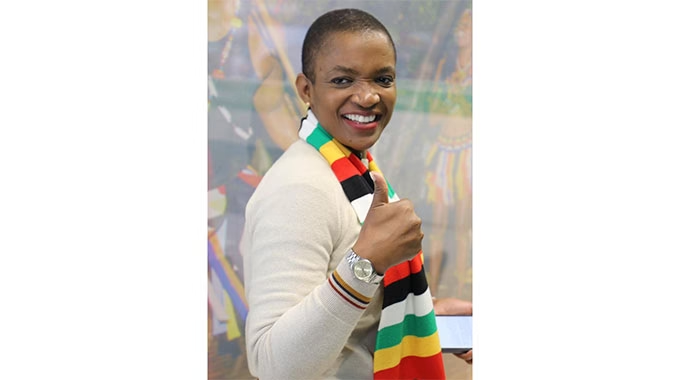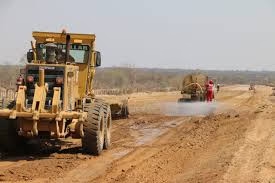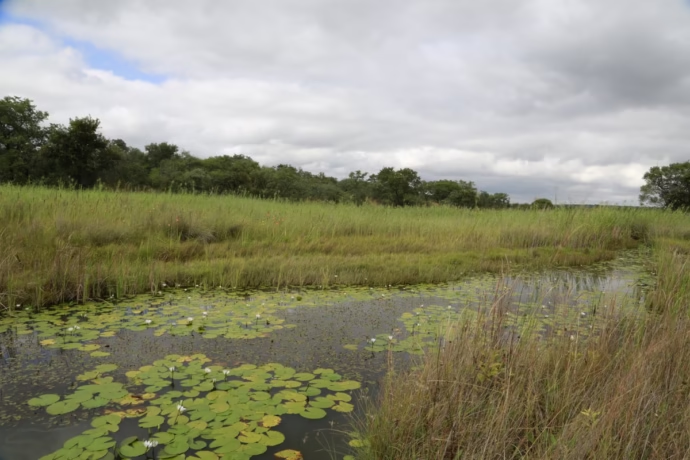
Standing before archivists, scholars, policymakers, and cultural custodians from across Eastern and Southern Africa, President Emmerson Mnangagwa used the opening of the 28th ESARBICA Conference in Victoria Falls to issue a bold and urgent call: Africa must reclaim the power to tell its own story. In a continent long silenced and misrepresented by colonial distortions, the President’s message was both a declaration of cultural sovereignty and a strategic imperative in the digital age.
“The claim that we are truly an independent and sovereign continent… will be actualised when we close the information gap within our historiography,” he said, laying bare the critical link between independence and narrative control. “Africa has a duty to tell its story, recount our history, and preserve our own culture ourselves.”
This call reverberated with a deeper resonance than mere rhetoric. For decades, the colonial plundering of archives and artefacts stripped Africa of not just tangible treasures, but fragments of its identity and agency. The President’s renewed demand for the return of cultural heritage looted during colonial rule underscores the unfinished business of decolonisation, a struggle not only over land and economies but over memory, truth, and dignity.
“This conference must heighten our legitimate demand for the Western world to return the artefacts and archives to us, their legitimate owners,” he said.
President Mnangagwa’s remarks arrive at a time when the global movement for the repatriation of stolen cultural property is gaining traction. Across Africa, calls for restitution are being amplified by academics, traditional leaders, and civil society. In this context, the ESARBICA platform, bringing together over 500 archivists and cultural practitioners from 16 nations, became more than just a professional gathering; it became a crucible of continental awakening.
Beyond repatriation, the President urged African archivists to embrace technology, especially artificial intelligence, to preserve, digitise, and democratise access to historical records. “While technologies such as Artificial Intelligence offer numerous advantages, associated risks still abound,” he cautioned, calling for legal and policy reforms that protect digital archives from distortion, loss, or manipulation.
His challenge was clear: in a rapidly digitising world, Africa must not just catch up, it must lead. By modernising its archiving systems and making records more accessible, the continent can empower its citizens, researchers, and institutions to engage with history in meaningful and transformative ways. The conference’s theme, “Archives Are Accessible, Archives for Everyone”, echoed Zimbabwe’s national development mantra of leaving no one and no place behind, turning archives from elite repositories into tools for inclusive development.
The President also celebrated ESARBICA’s longstanding efforts since 1969 in fostering professional training, cross-border collaboration, and the preservation of oral histories. These oral traditions, often sidelined in Western archival models, are central to Africa’s storytelling culture and deserve equal reverence and systematic protection.
In one of the most poignant appeals of his address, President Mnangagwa called on journalists and academics to maintain pressure on the global community to return “migrated archives” still held by former colonial powers. These archives, he noted, are not mere files, they are the missing pages of Africa’s past, without which future generations inherit an incomplete narrative.
As the African Union accelerates its cultural renaissance and heritage preservation efforts, Zimbabwe’s hosting of this conference marks a symbolic and strategic alignment. Victoria Falls, already a UNESCO World Heritage Site, became a powerful backdrop for Africa’s recommitment to memory justice.
In the final analysis, President Mnangagwa’s message transcended the archival field. It was a cultural policy vision, a political stance, and a continental awakening. If Africa is to define its future on its own terms, then it must begin with reclaiming, protecting, and celebrating its past, unfiltered, undiluted, and fully owned.
The archives, after all, are not just dusty documents. They are vessels of truth. And truth, in Africa’s hands, is liberation.




